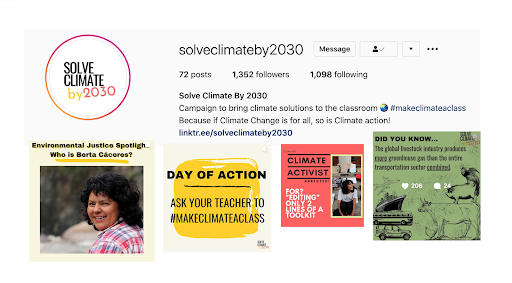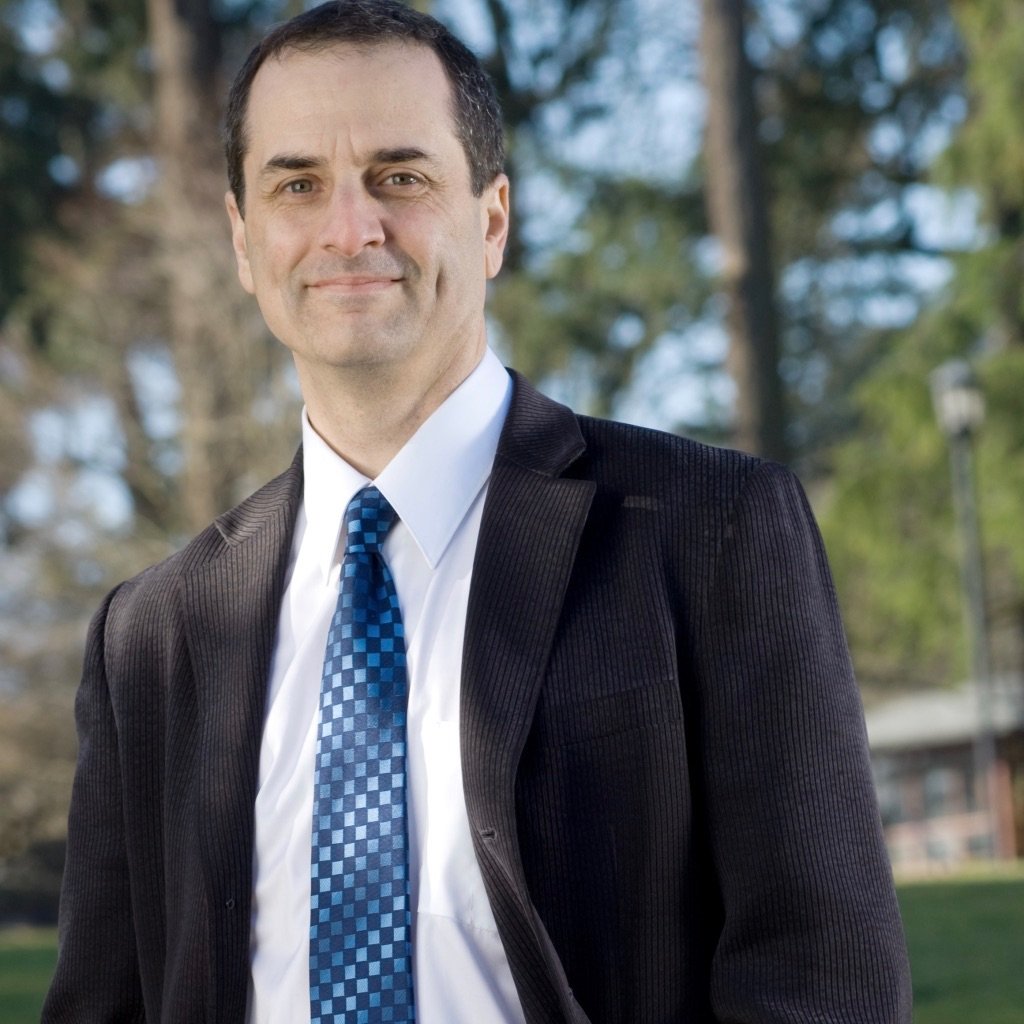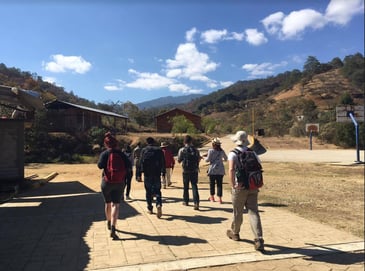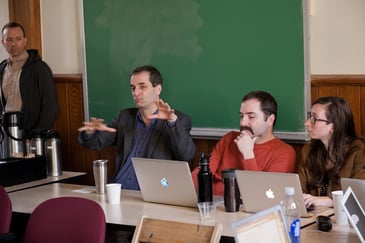Social Media for Climate Engagement: A Massive Online Experience

In Spring 2023, The Center for Environmental Policy at Bard College hosted a worldwide experiment in project-based learning. Over 100 students from 30 countries participated in a global internship focused on learning social media skills for climate action. Collectively, the students created hundreds of posts and reels—on Instagram, Facebook and TikTok—under the banner of the Bard project the WorldWide Teach-in on Climate and Justice.
The students gathered as a group on Mondays for two-hour sessions, learning the basics of social media, sharing ideas, and developing content. They then devote at least three hours a week to doing social media, either through the global sites, or on regional sub-sites that they have set up. The project facilitator, Arlo Tomacek, was impressed at the level of self-organization. “It was incredible to greet hundreds of students at our first Zoom session - from all over the world, in so many different time zones that we had to add another weekly meeting just to accommodate everyone.'' said Tomacek.
Within the first week, separate, regional social media teams were already forming, scheduling their own Zoom meetings. “Collectively, these social media sites are exploring various environmental sustainability topics, updating their followers on local climate activism events, and encouraging teachers to introduce climate discussion into their classes,” Tomacek added.
The campaign goals? First, drive participation at more than 300 campus-based climate events during April that focused on just climate solutions. And second, engage students worldwide in asking their teachers to #MakeClimateAClass. Here, rather than create an all-campus climate event, climate-concerned educators took 30 minutes out of their normal classes to talk about how their subject matter is contributing to climate solutions. This approach led students to think: “I like psychology, and I care about climate. I could be a climate psychologist.” Or, “I like law, I could be a lawyer who works on climate change.” Or, “I am good at social media. I can put those skills to work helping repair the climate”.
Climate change teach-ins across the world are took all shapes and sizes. The African events were mostly in secondary schools. Among other issues, students learn about cooking and heating technologies that are cheaper, healthier and less polluting than wood fires, and share that information with their parents. And at the American University of Central Asia, a series of workshops also centers on polluted air, from coal-burning heaters. Bishkek, the capital of Kyrgyzstan ranks as one of the most polluted cities in the world.
In Brazil, there were 10 Teach-Ins, some in state capitals, but also in small cities. And in the Philippines, organizers convened a meeting of over 50 teachers from across the country to discuss how to incorporate climate topics into their classes.
“The internship is a chance for students to learn and apply practical leadership skills for social change in a global context”, said Bard CEP Director Dr. Eban Goodstein. “Young people understand their future is at stake, and they are bringing incredible energy in support of this tangible, climate education project, and the movement to #MakeClimateAClass.”
The Social Media internship, part of the WorldWide Teach-In, is a project of the Open Society University Network.




